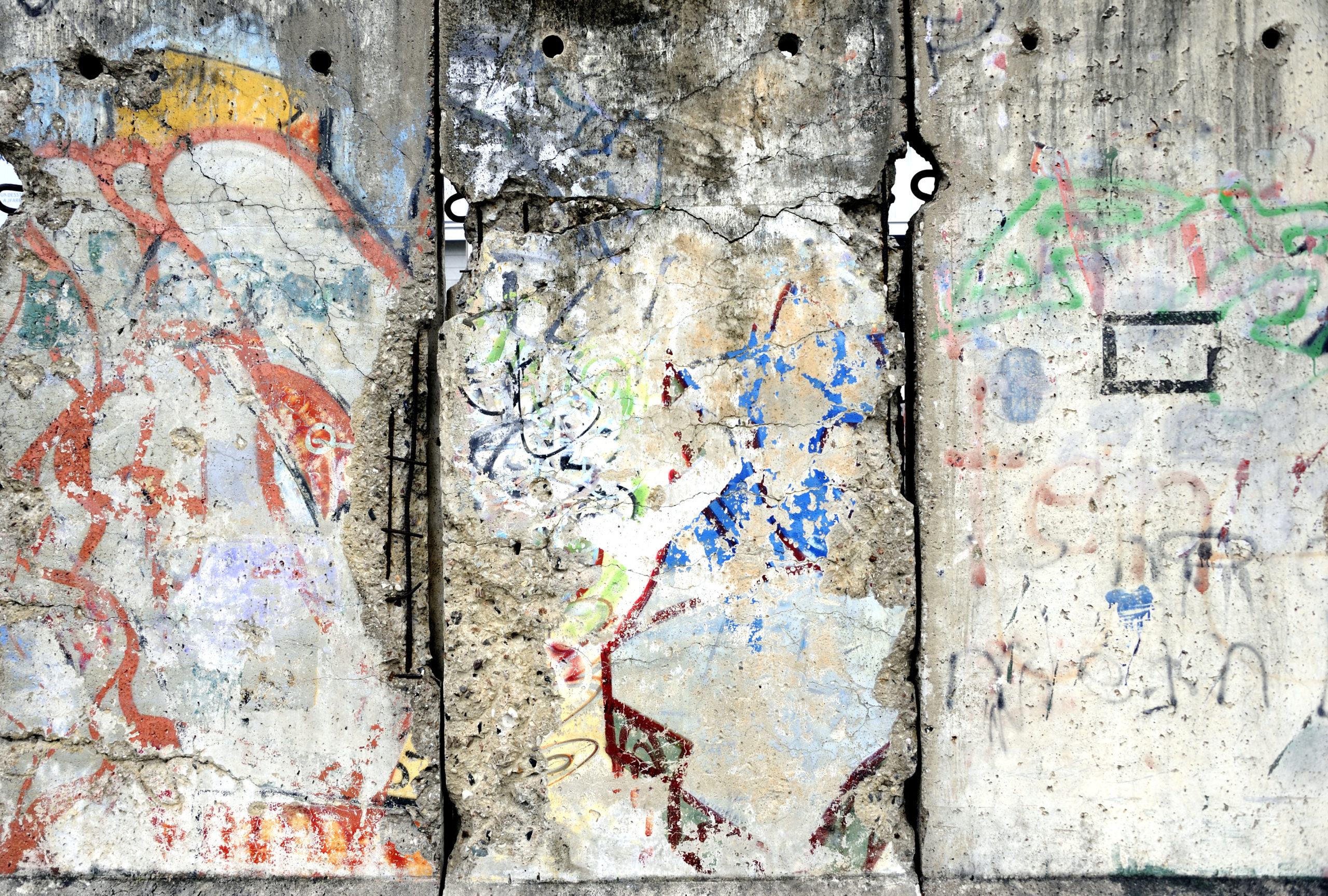A Newsweek story claims that Rudy Giuliani, the former mayor of New York City and current lawyer of the U.S. President, has long-standing and suspicious ties to the Russian oligarchy, including with respect to money laundering. I don’t know if this is true or not. And let me add that money laundering laws, which did not exist half a century ago, certainly represent a strong advance of the Surveillance State and a general threat to individual liberty.
From this point of view of liberty, however, Giuliani’s career itself suggests something like “a long train of abuses.” His Stop-and-Frisk policy in New York City was arguably an assault on the Fourth Amendment. As U.S. Attorney for the Southern District of New York in the 1980s, he waged a populist and politically-motivated witch-hunt against several Wall Street financiers. Most were not guilty of any real fraud, but the public took its soma. One result is that Wikipedia opines today (as of November 18, 2018) that Giuliani “prosecuted pivotal cases against the American Mafia and against corrupt corporate financiers.” On this witch-hunt, I wrote a little pamphlet titled In Defense of Modern Witches (Apologie des sorcières modernes, Paris, Belles Lettres, 1991).
All this relates to how one conceives authority and liberty in human society. In March 1994, Giuliani gave a speech where he claimed to be defending individual responsibility, but apparently without individual liberty. The New York Times quoted him as saying:
What we don’t see is that freedom is not a concept in which people can do anything they want, be anything they can be. Freedom is about authority. Freedom is about the willingness of every single human being to cede to lawful authority a great deal of discretion about what you do.
This looks very much like the ancient concept of liberty, which resided only in collective liberty, meaning that the individual was totally subjected to what reactionary Jean-Jacques Rousseau later called the “general will.” To be charitable, let’s hope Mr. Giuliani will never get the same taste of political authority hiding behind the general will as he himself gave to numerous others.
This leads us to the question of why economists (together with political philosophers) study political power or state power, the most imperative form of authority. Why does political power appear in human interaction? Presumably because it is in the self-interest of certain individuals, or of all individuals when the function of the state is seen as the production of public goods. These two opposite strands of analysis—the state as exploitation, or the state as a benefit for all—can be represented by two contemporary economic theorists: Anthony de Jasay (David Friedman would be another good candidate) and James Buchanan, respectively.
I should hasten to add that Buchanan’s theory is nuanced. For him, the contractual state does provide benefits to all, but it is also strictly limited lest it becomes a Leviathan.
Neither de Jasay nor Buchanan supports the simple theory of authority that Giuliani seems to be defending. For both authors—as for most economic approaches to liberty and authority—freedom is the starting point. Buchanan derives legitimate political authority from the free trading and unanimous consent of all individuals (in a given society). For de Jasay, there is no such thing as legitimate political authority. All legitimate authority must be private or based on Humean convention. Authority is defined in terms of liberty, not the other way around as Giuliani would have it.


READER COMMENTS
Richard Wallace
Nov 19 2018 at 8:16am
But please let us maintain a clear distinction between power (government) and authority (legitimacy.) Stalin once asked mockingly how many battalions the Pope had, Forty years later John Paul II showed who had authority versus power. Legitimate government is that which has authority granted by the people.
Pierre Lemieux
Nov 19 2018 at 9:08am
Indeed, it may be a useful distinction–if handled with white gloves. (Bertrand de Jouvenel, who favored a more aristocratic sort of government, made it.) We talk about authoritarian government for some reason. What happens if “authority” is granted to the government, with accompanying power as usual, by 99% of “the people”? 89%? 51%? 49%? Or, as usually granted to a U.S. president, by one-third of the electorate?
Bedarz Iliachi
Nov 20 2018 at 1:04am
True starting point is the long-term survival and flourishing of a community. The political community is ordered towards precisely this end. The laws and the mores of a people are justified solely to that end. Otherwise, why the community demands its young men to die in battles for survival against other communities? And its young women die in childbirth?
Jon Murphy
Nov 20 2018 at 8:10am
Ideal laws and mores are geared toward the ends of flourishing, yes. But we do not live in an ideal world. Indeed, take immigration legislation and anti-foreign bias. Those are legislation and mores that explicitly harm flourishing and long-term survival of a community.
Thaomas
Nov 22 2018 at 9:28pm
You can get quite a big state with nothing but provision of collective goods (depending on tastes for collective goods) and taxation/subsidization of negative/positive externalities that are too costly for Coasian courts to adjudicate.
Comments are closed.